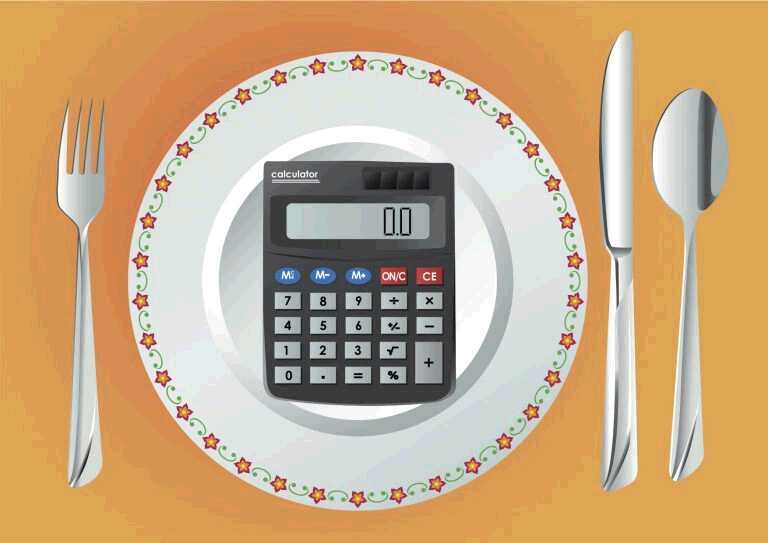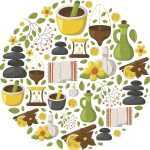
In diabetes, counting is constant. You must count your calories, count your carbs, count your blood sugar, count the hours in between your meals, count the calories you’ve burned in exercise—the list is seemingly endless. When it comes to food, however, some misconceptions need to be righted to get the most out of your food.
The Proof Isn’t In the Pudding
Counting calories and counting carbs are not new. Both are largely a part of the collective conscience, and both are usually understood by adults. What is often less understood, however, is the importance of the food source itself, and how that comes into play about weight loss, blood sugar control, and general health.
TV dinners and snacks often reel consumers in by loudly proclaiming “100 Calories!” or other, similar claims on the packaging, suggesting that the single pack during snack time is a healthy choice, or that it is preferable to other convenience foods. TV dinners often bear the words “low-fat” to suggest that the contents of the meal are both palatable and healthy for you, primarily based on the numbers attached to the fat label or calorie or carbohydrate count.
Unfortunately, this approach to eating well will not help people with diabetes lose weight, control blood sugar, or improve their general health, because this method does not take into account the profound difference between 50 calories from a high-quality cheese, and 50 calories from a sugar-riddled snack food.

Counting Calories, Carbs, and Fats—the Right Way
Instead of merely glancing at your food and evaluating them based on carbohydrate counts, calorie counts, and fat counts alone, look at your foods from a holistic frame of mind. An apple might have a similar calorie count—and even a similar sugar count—to your favorite piece of candy, but an apple will provide your body with nutrients and fiber, while a piece of candy will not.
French fries might clock in with the same numbers as a heaping salad, full of vegetables, roots, herbs, and healthy fats, but your body is going to survive and thrive far better on a diet rich in a variety of vegetables than it will on greasy potatoes fried in potentially rancid vegetable oil.
When you choose your food, as a diabetic, you must count your calories, carbs, and sugars, but do so with whole foods. Avoid the highly-processed, pre-made foods boasting low calorie and fat counts in favor of whole foods.
References